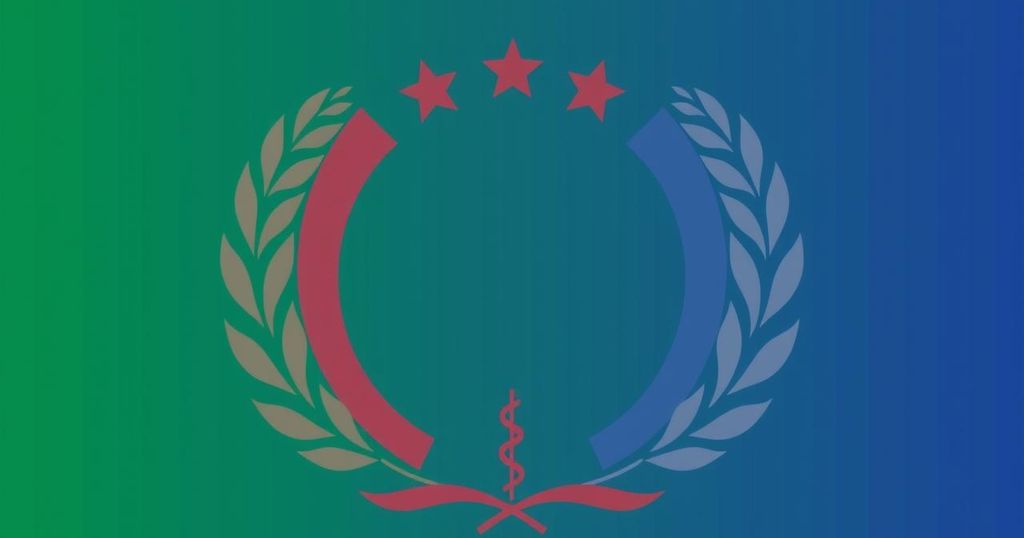Azerbaijan is attempting to curb discussions regarding its human rights record at the forthcoming COP29 climate conference, evidenced by a leaked hosting agreement. This agreement permits Azerbaijani authorities to penalize critics, fostering uncertainty among participants. Human Rights Watch has criticized the UNFCCC for the opaque nature of the deal, amidst broader calls for transparency and accountability.
Azerbaijan is reportedly attempting to suppress discussions regarding its human rights record in the lead-up to the COP29 climate conference, as suggested by a leaked hosting agreement obtained by Human Rights Watch. Scheduled to occur from November 11 to 22 in Baku, this agreement potentially grants Turkish authorities the power to penalize any individuals or groups that criticize their domestic policies, creating an apprehensive environment for conference participants. The document, finalized in August and already criticized for its opacity, includes a clause offering certain immunities to participants for expressions made in their official capacity. However, it does not clarify what constitutes “interference” in internal affairs, thus leaving room for ambiguous punishments against those who address local human rights issues, even when related to environmental matters. Human Rights Watch has expressed disapproval towards the UN Framework Convention on Climate Change (UNFCCC) for its dealings with Azerbaijan and stressed the importance of ensuring a climate conference that respects human rights. Calls have been made for greater transparency in such agreements. Prominent voices, such as Frank Schwabe from the German delegation of the Parliamentary Assembly of the Council of Europe, have urged for an honest dialogue about Azerbaijan’s governance. He noted, “No one should be afraid of criticizing the government. They have to talk about the situation in Azerbaijan, but not after COP29 ends.” Adding to the dynamics of the conference, reports from the British Broadcasting Corporation’s Azeri-language service indicate that Russian President Vladimir Putin will not be attending COP29, potentially easing political tensions for Azerbaijan.
The COP29 climate conference is set to be hosted by Azerbaijan in November 2023, an event marked by growing international scrutiny of the nation’s human rights practices. This scrutiny stems from Azerbaijan’s recent history of crackdowns on dissent and freedom of speech, raising concerns about the environment for open dialogue during the conference. Furthermore, the hosting agreement signed between Azerbaijan and the UNFCCC contains clauses that could allow for punitive actions against individuals who speak out against the regime’s policies, thereby creating a legal gray area surrounding freedom of expression at the event. The ongoing tension between climate action and human rights adherence presents a challenging backdrop for COP29, as stakeholders demand accountability and transparency.
In summary, Azerbaijan’s hosting of COP29 is shrouded in controversy due to the potential suppression of human rights discussions within the framework of the conference. The leaked hosting agreement raises pertinent questions about freedom of speech and the safety of those participating. Calls for transparency and criticism of the Azerbaijani government further highlight the urgent need for dialogue on human rights issues amidst climate discussions. With significant individuals advocating for conversation, the outcome of COP29 may have lasting implications on both environmental and human rights fronts.
Original Source: eurasianet.org







